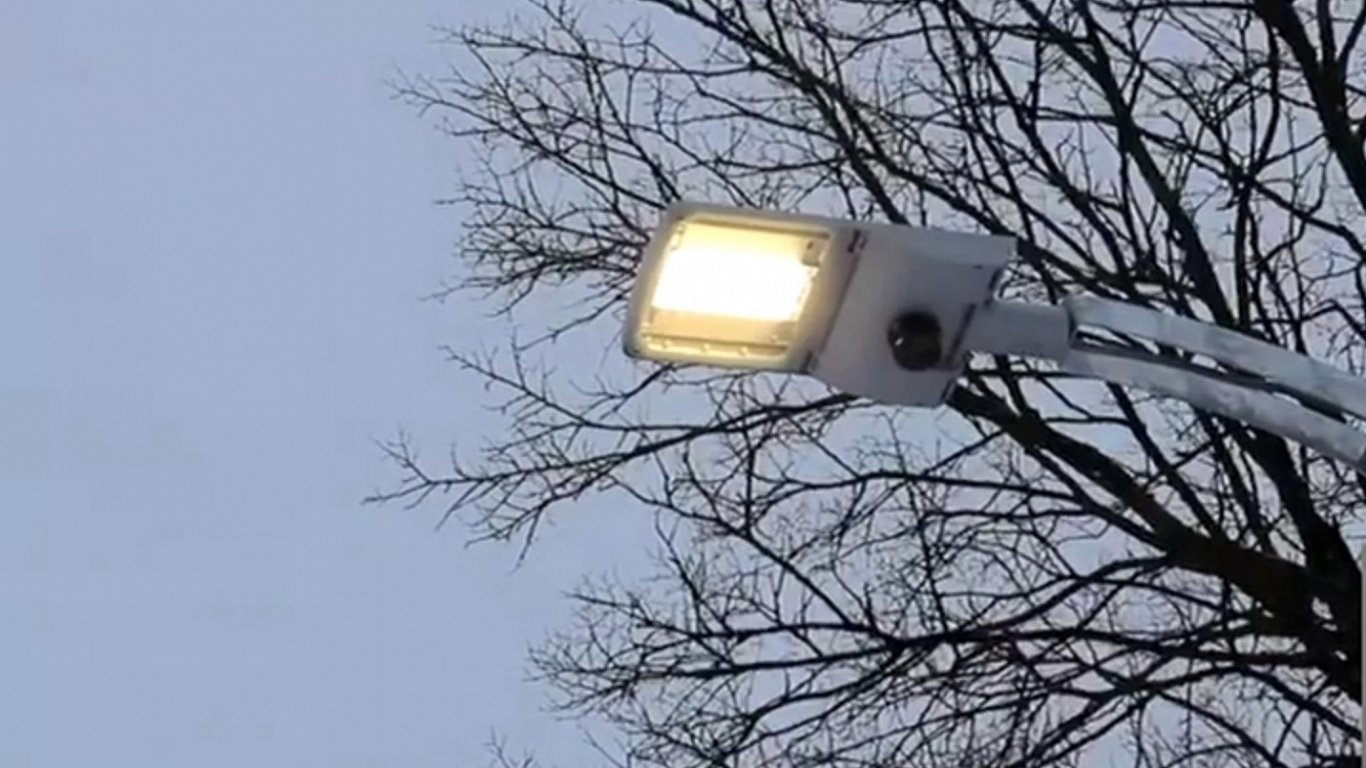In the municipalities of Cēsis and Saulkrasti, street lights have been reduced while nights are short. Such decisions are based on efforts to save resources for use later in the autumn. However, the real savings will be seen with the introduction of smart lighting in Cēsis, which is expected to be implemented next year, said Atis Egliņš-Eglītis, Deputy Chairman of the Cēsis Municipality.
"Switching off electricity is the most primitive way to save, but what colleagues in the local government are now working on is the introduction of smart lighting throughout the city of Cēsis," Atis Egliņš-Eglītis said.
Recently, Jēkabpils has managed to switch all the city lights to LED lamps. Chairman of the Jēkabpils municipality council Raivis Ragainis said that municipality does not consider short-term solutions, but is preparing for them in the autumn.
“As soon as consumption grows again, let us think how it can be reduced. The price of electricity is terribly unpredictable, the problem remains, and it will be even sharper than in January,” said Ragainis.
The representatives of local governments do not yet talk about possible energy conservation measures in the autumn and winter, as political decisions by the City Council are expected. Rīga City Council confirmed this.
The expected cost of heating is still a big unknown, but it will be a particularly big challenge for the municipalities, said Aino Salmiņš, expert of the Latvian Association of Local Governments.
"We have to start getting used to saving resources, and these are just the first [steps]. Last year, we looked skeptically at such restrictions, now it is more reasonable, and resources will need to be saved, not only to this extent. It should be noted that there is no aid intended for schools and nursery schools, municipal authorities. [..] It may be necessary to limit the work hours of pools, big gyms, to keep sports lessons outside for a long time," Salmiņš said.






























